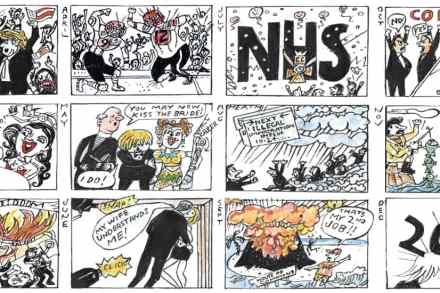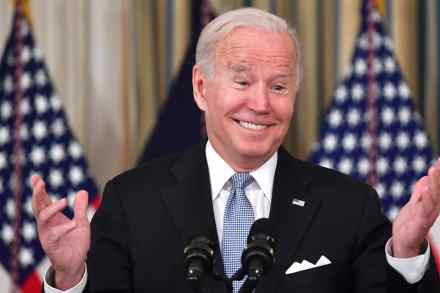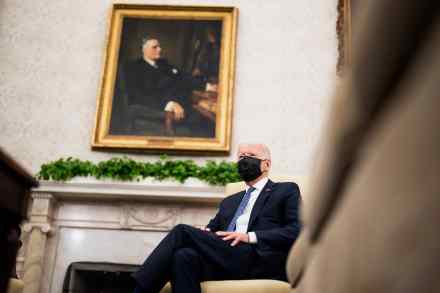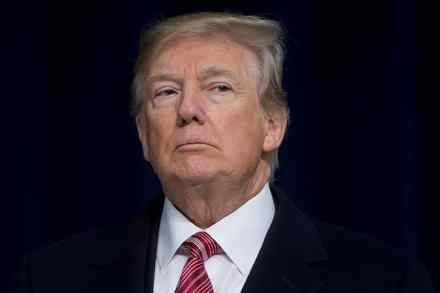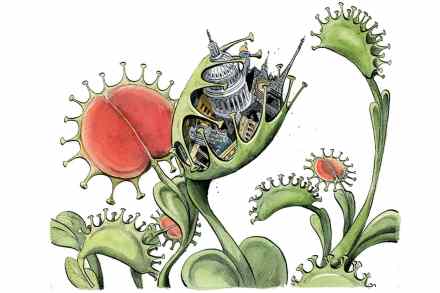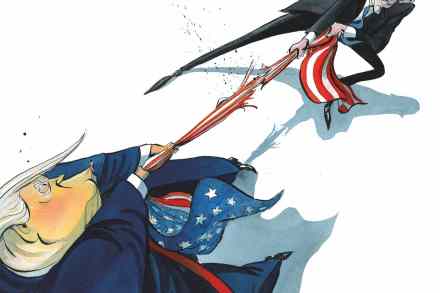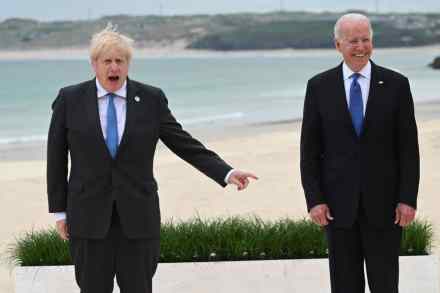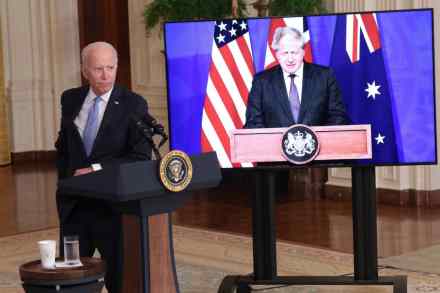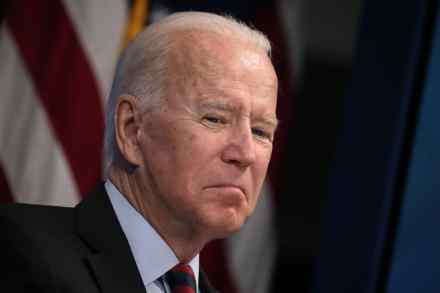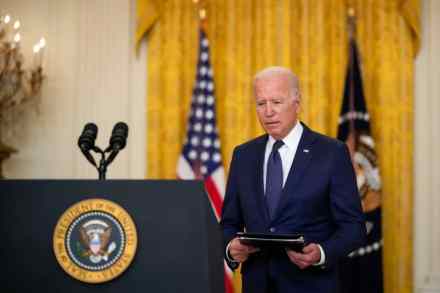Will Trump’s pro-vaccine stance prove his undoing?
Donald Trump famously boasted that he could ‘stand in the middle of Fifth Avenue and shoot somebody’ and still not lose voters. That was back in 2016 and the following years proved his point. We are now in the winter of 2021, however, and the 45th president may at last have stumbled across a way to alienate his fan base — by endorsing vaccines. Covid is today the most hostile frontline in America’s all-consuming culture war. Resistance to the national vaccination drive has become the stickiest point. You are either pro-freedom or in bed with the Great Globo Pharma Conspiracy. Trump has adopted a more middle-ground position: encouraging people to take the vaccines while


